Have you ever watched your cat after their lifelong feline friend passed away and wondered what was running through their mind? The silence can be deafening, the empty spots on the windowsill almost accusatory. It’s a question that tugs at the heartstrings of every cat lover: Do cats actually mourn the loss of their feline companions? The answer might surprise you, and it’s wrapped up in a fascinating mix of feline behavior, science, and a touch of mystery. Let’s dive deep into the emotional world of cats and explore what really happens when one of their own is suddenly gone.
The Nature of Feline Bonds
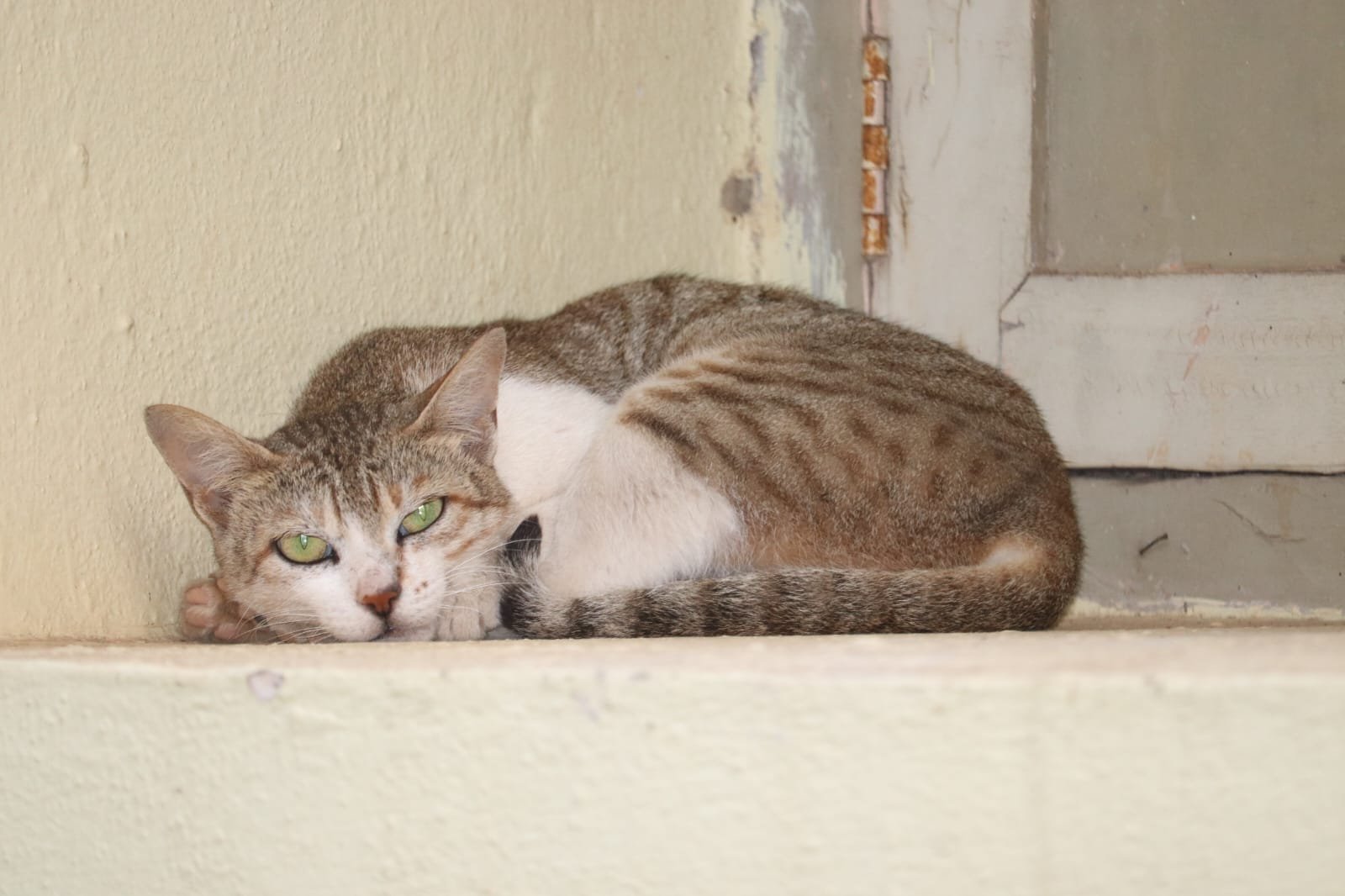
Cats have a reputation for being independent, but anyone who’s lived with more than one feline knows they can develop strong social bonds. These bonds can be subtle—a shared nap spot, mutual grooming, or synchronized play. When two cats spend years together, they become part of each other’s daily rhythm. Their interactions aren’t just about territory or resources; they often seek each other out for company and comfort. This companionship forms the foundation for the emotional responses we see when one cat disappears. The loss of a companion can leave a noticeable void in a cat’s everyday life, impacting their behavior and mood in ways that might surprise even the most seasoned cat owner.
Understanding Cat Grief

Grief in cats doesn’t look like it does in humans, but it’s very real. Cats may not cry tears or write sad poetry, but their actions tell a story of loss. You might notice them wandering the house, searching for their missing friend, or sitting quietly in places they used to share. Some cats become withdrawn, while others become clingier with their human companions. This change in behavior is a powerful indicator that cats feel the absence of a beloved companion deeply. Their grief can be quiet and subtle, but it’s just as real as our own.
Signs Your Cat Misses Another Cat

When a cat’s companion is gone, their behavior can change in surprising ways. You may notice your cat meowing more often or sounding distressed, especially at night. Some cats pace the house or wait by doors, as if expecting their friend to return. Appetite changes are common—some cats eat less, while others might overeat as a form of comfort. Grooming habits can also shift, with some cats neglecting their appearance. These signs tell you that your cat is processing the loss in their own, uniquely feline way.
Changes in Routine and Behavior

A missing companion often disrupts the daily routine of a cat. Cats thrive on predictability, and the loss of a familiar friend can throw everything into disarray. They might sleep in different places, avoid favorite spots that remind them of their friend, or become less playful. Sometimes, a normally active cat will spend more time hiding or resting. On the flip side, some cats act out, seeking your attention more than ever before. These shifts can last days, weeks, or even longer, depending on the depth of their bond.
The Role of Scent and Memory

Cats have an extraordinary sense of smell, and scent plays a huge part in how they experience the world. The scent of a companion cat lingers long after they’re gone, and this can trigger confusion or longing. Your cat may sniff bedding or toys, searching for traces of their friend. Sometimes they rub their face on these objects, trying to mix their scent and feel closer to the one they’ve lost. This reliance on scent means that even after a companion is gone, their memory lives on in the smells that fill the home.
Social Structure Among Cats
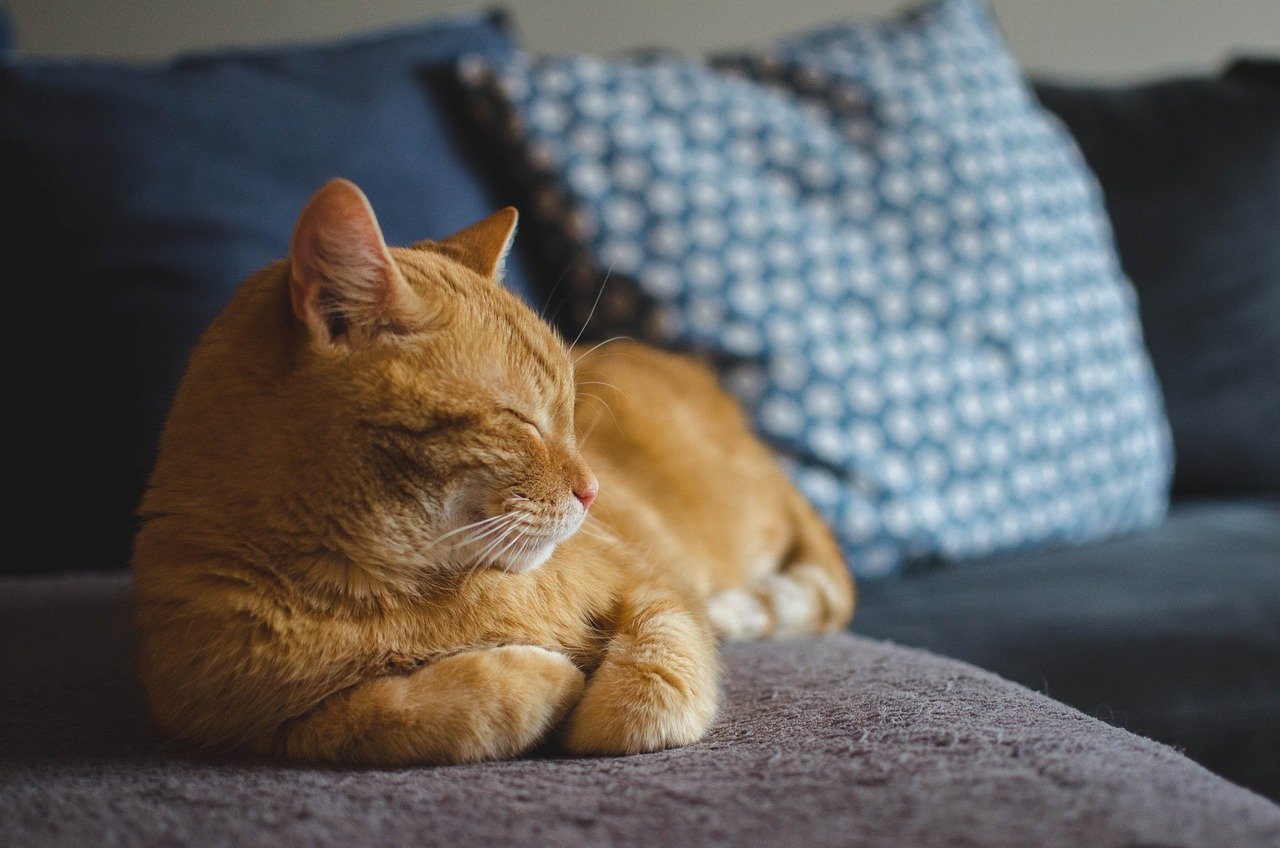
Cats may seem aloof, but in multi-cat households, they often form complex social structures. There’s usually a pecking order, with each cat finding their place in the group. The loss of a member can disrupt this hierarchy, leading to shifts in behavior as remaining cats adjust. You might see more jockeying for prime sleeping spots, or subtle power struggles as they redefine their roles. These changes can be stressful and may contribute to the overall sense of loss and confusion.
Grooming and Allogrooming Behaviors
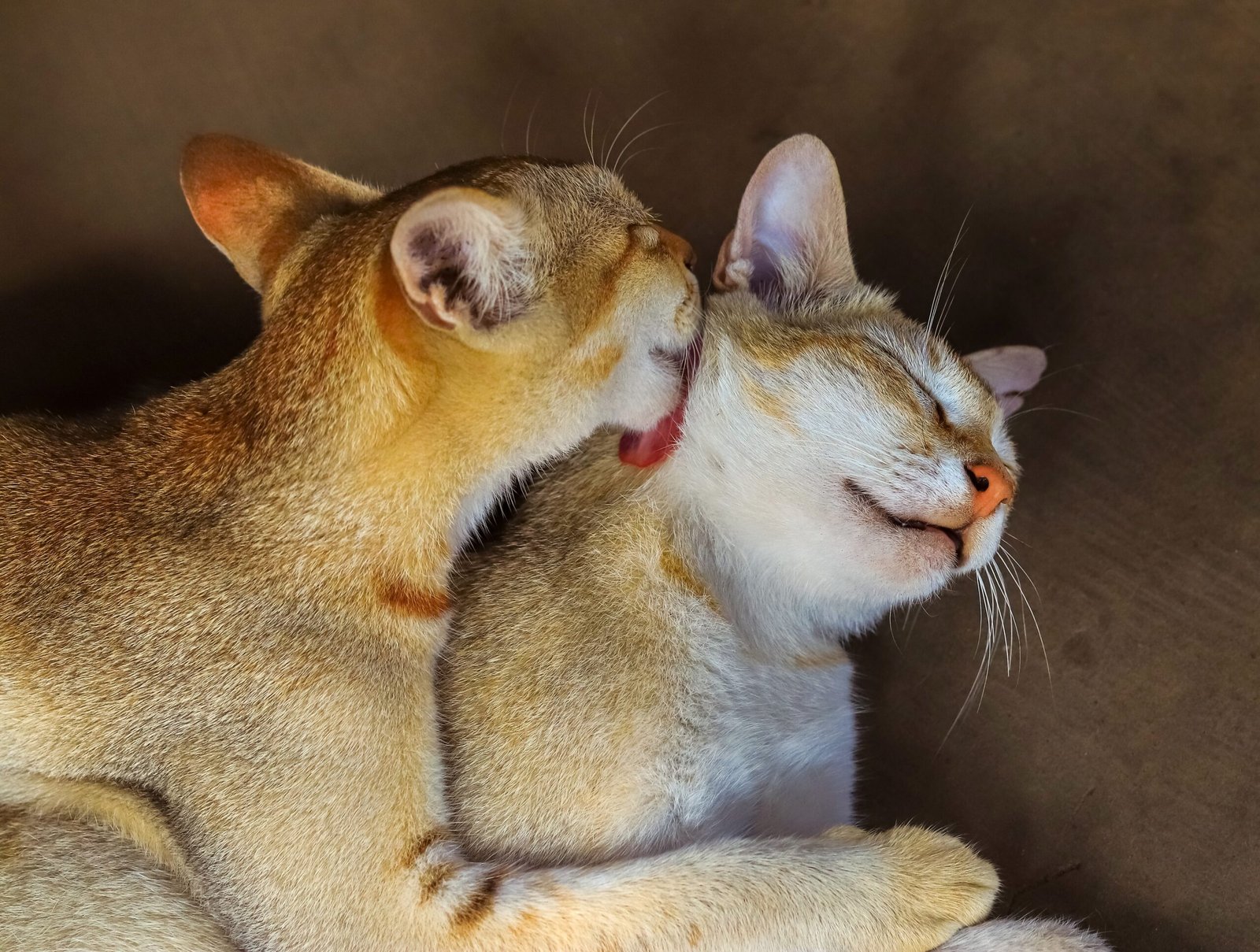
Allogrooming, or mutual grooming, is a key way cats bond with each other. It’s not just about staying clean—it’s a sign of trust and affection. When a grooming partner disappears, the remaining cat may look lost or spend extra time grooming themselves. Some cats even try to groom their humans more, reaching out for that missing tactile connection. The absence of allogrooming can make the loss feel even more profound, like losing a comforting ritual.
Eating and Sleeping Patterns
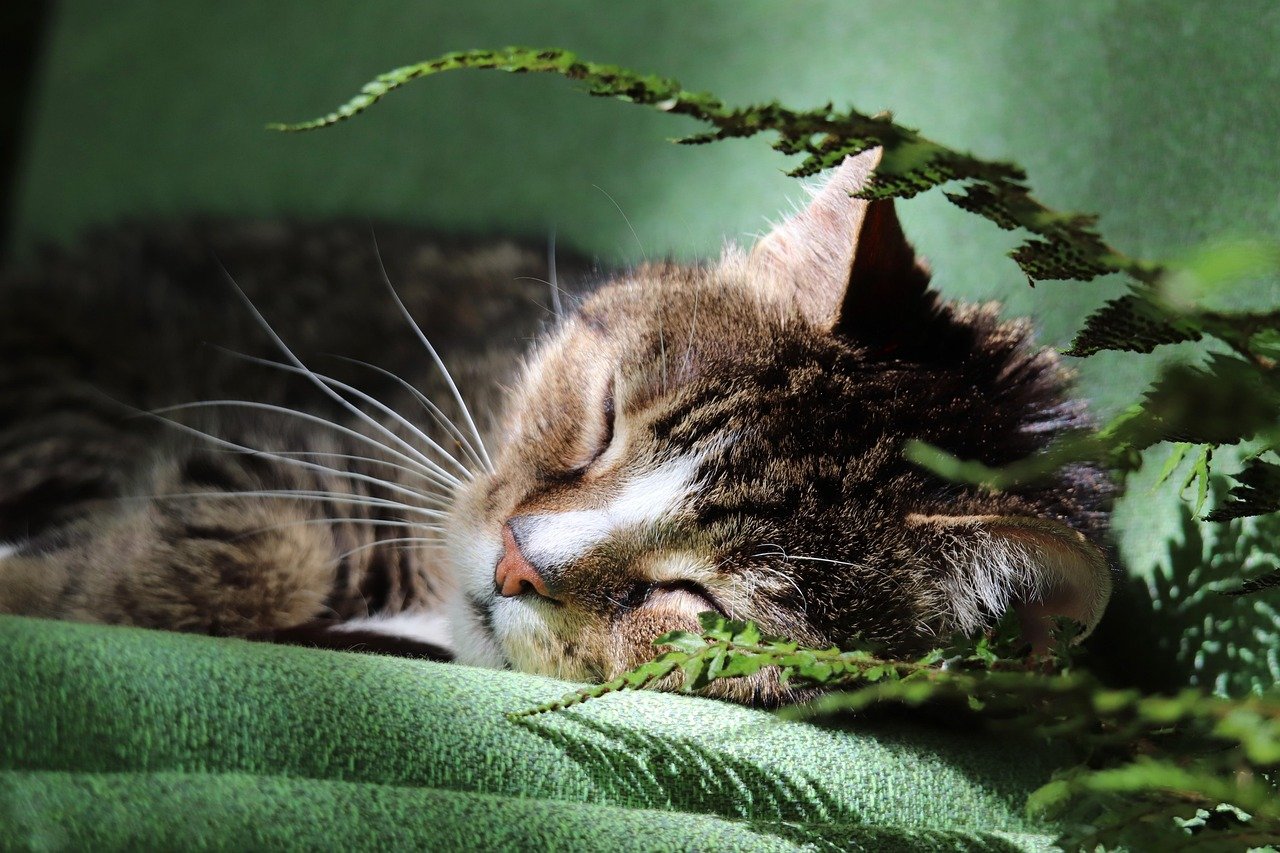
Grieving cats often experience changes in basic habits like eating and sleeping. Some cats lose interest in food, turning away from even their favorite treats. Others may start sleeping in new places, avoiding spots that remind them of their lost friend. It’s not unusual for a cat to spend more time sleeping out of sadness or stress. These shifts in routine are important clues that your cat is navigating their grief.
Vocalization and Communication
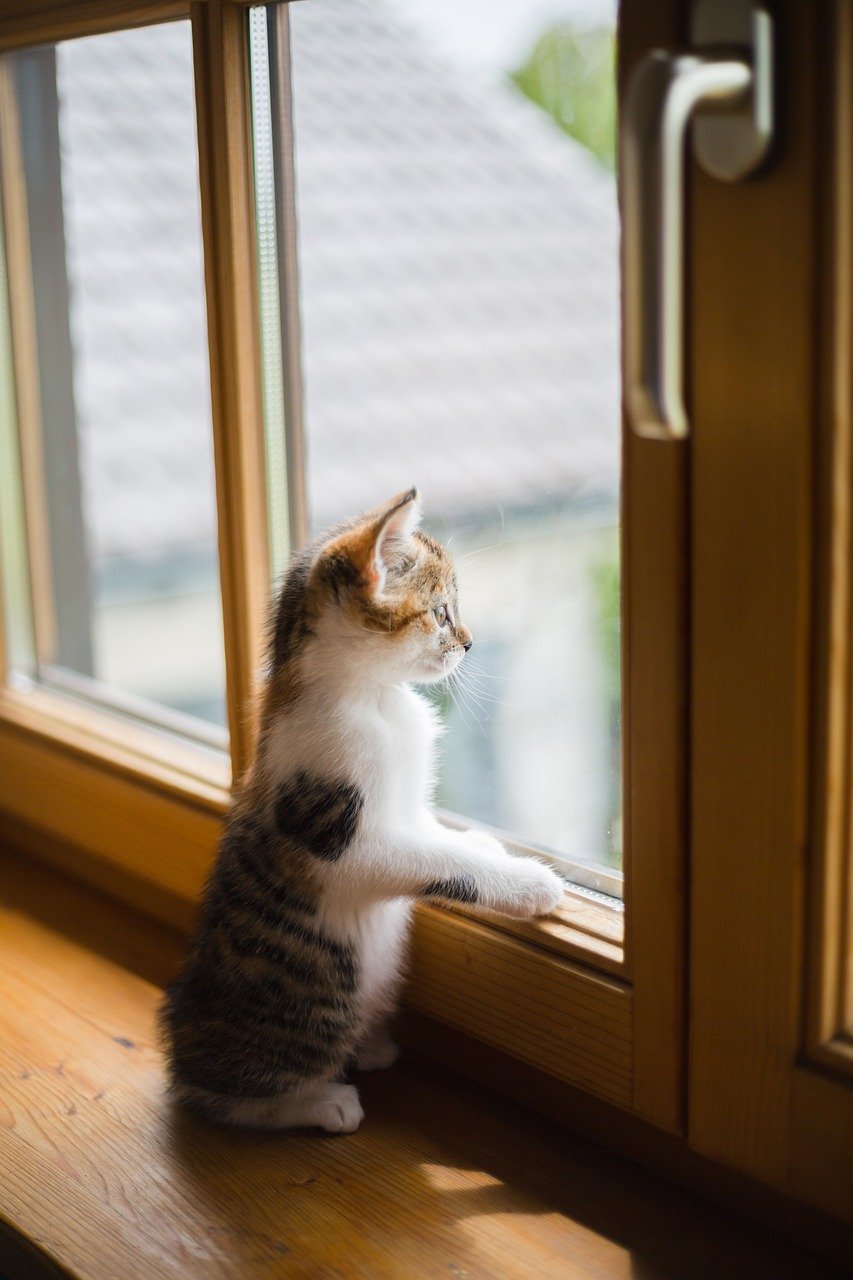
Has your cat ever started yowling at odd hours after losing a companion? Increased vocalization is a common sign of feline grief. Some cats become more talkative, as if calling out for their missing friend. Others grow quiet, barely making a sound where once they chirped and purred with their partner. These changes in communication can be heartbreaking to witness and are a clear sign that your cat senses something is missing.
Seeking Out Their Human
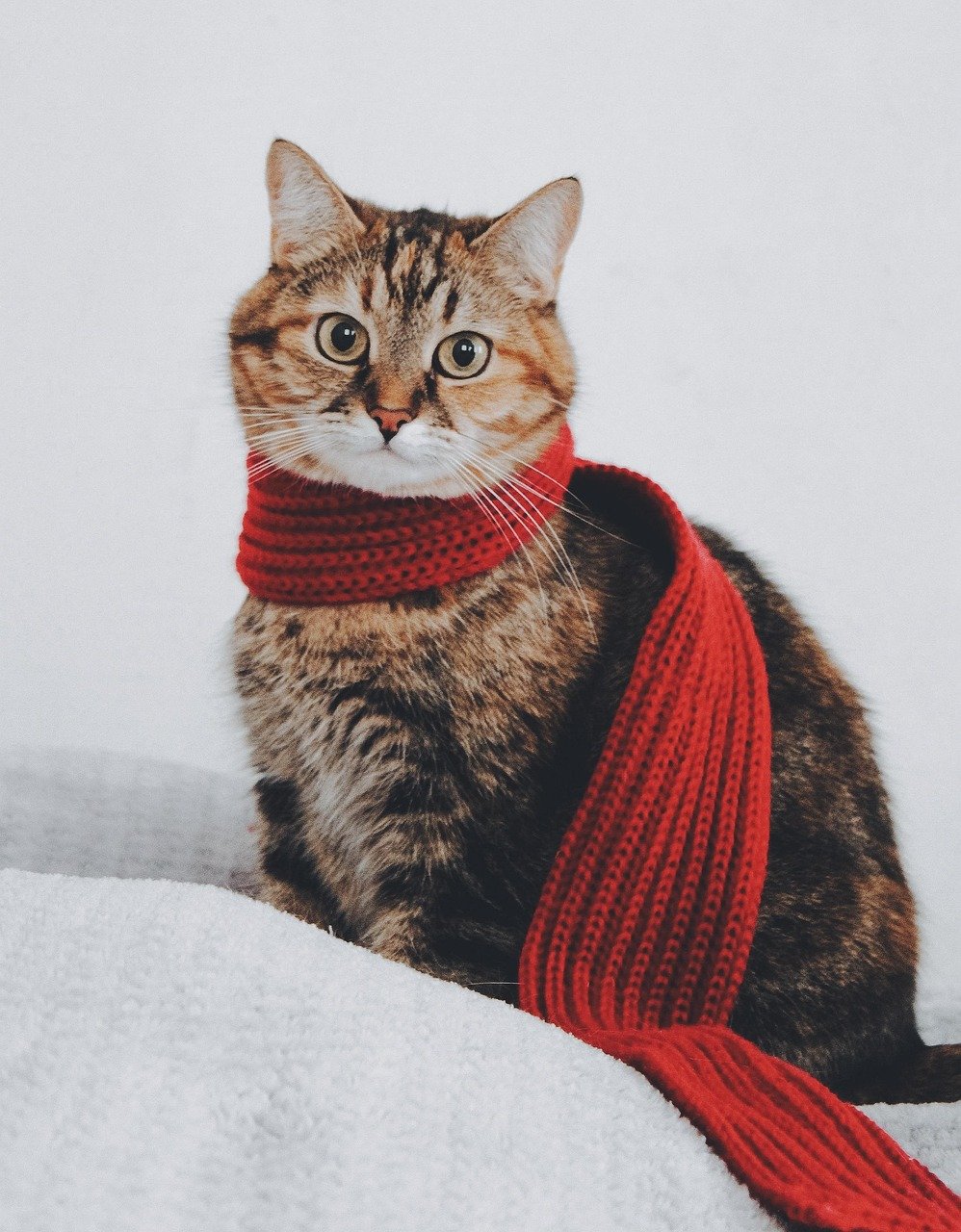
Cats often turn to their humans for comfort after losing a companion. You might find your cat following you from room to room, seeking extra cuddles and reassurance. This new clinginess is their way of filling the void left by their friend. Some cats become lap cats overnight, craving the warmth and safety of your presence. Giving them gentle attention during this time can help ease their transition and show them they’re not alone.
Withdrawal and Hiding
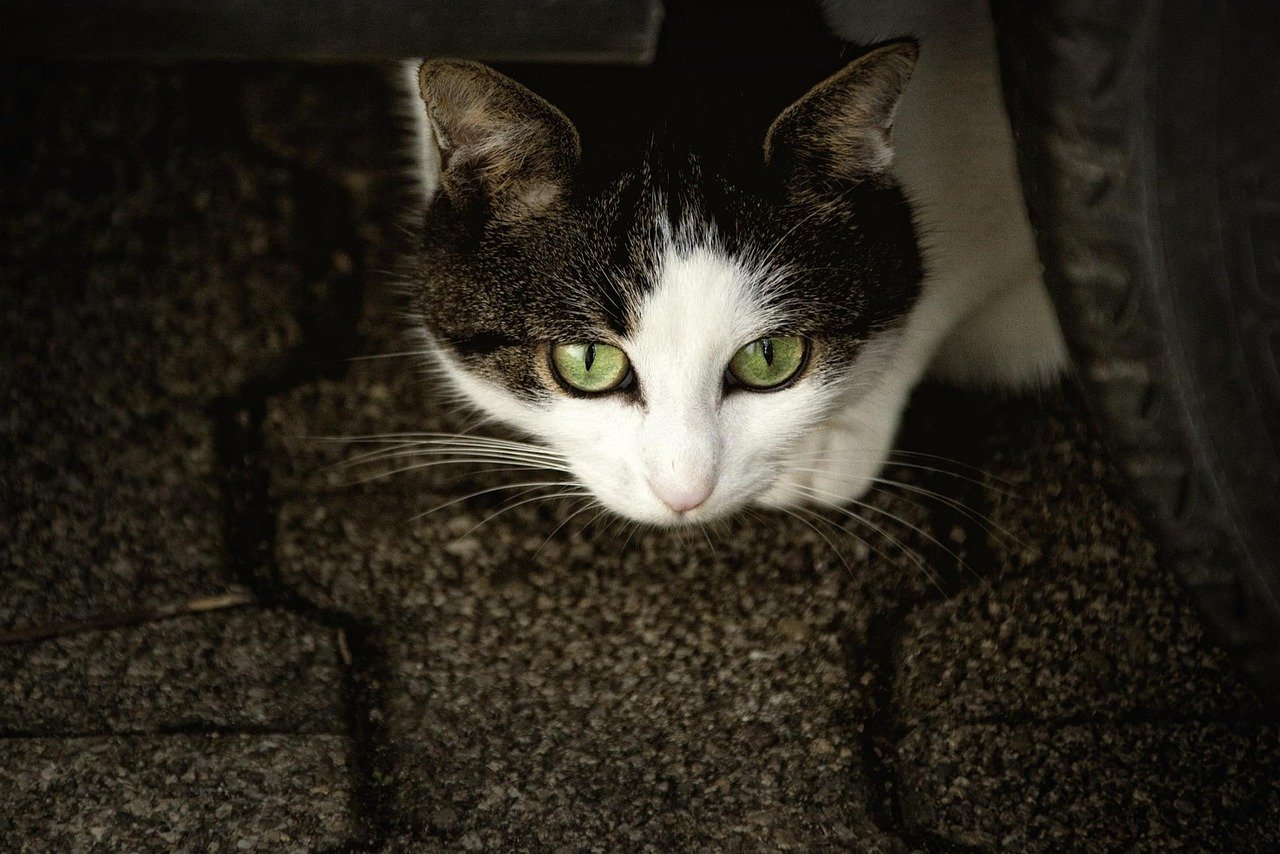
For some cats, grief manifests as withdrawal. They may retreat under the bed, behind furniture, or into closets, avoiding social interaction. This behavior can last for days or even weeks. It’s their way of coping with overwhelming emotions, similar to how a person might need quiet time after a loss. If your cat is hiding, be patient and let them come out on their own terms. A little patience and understanding can go a long way.
Changes in Litter Box Habits

Stress and sadness can sometimes cause cats to change their litter box habits. You might notice accidents outside the box or a reluctance to use the litter tray at all. This isn’t always a sign of defiance—often, it’s a response to emotional upheaval. Keeping the litter box clean and providing extra reassurance can help your cat regain their confidence and sense of security.
Physical Health Effects

Grief can take a physical toll on cats, just like it does in humans. Some cats lose weight quickly, while others may develop illnesses seemingly out of nowhere. Stress can weaken the immune system, making them more susceptible to infections or digestive issues. If your cat seems unwell after a companion’s passing, a check-up with the vet is always a good idea. Addressing their health needs is just as important as supporting their emotional wellbeing.
How Long Do Cats Grieve?
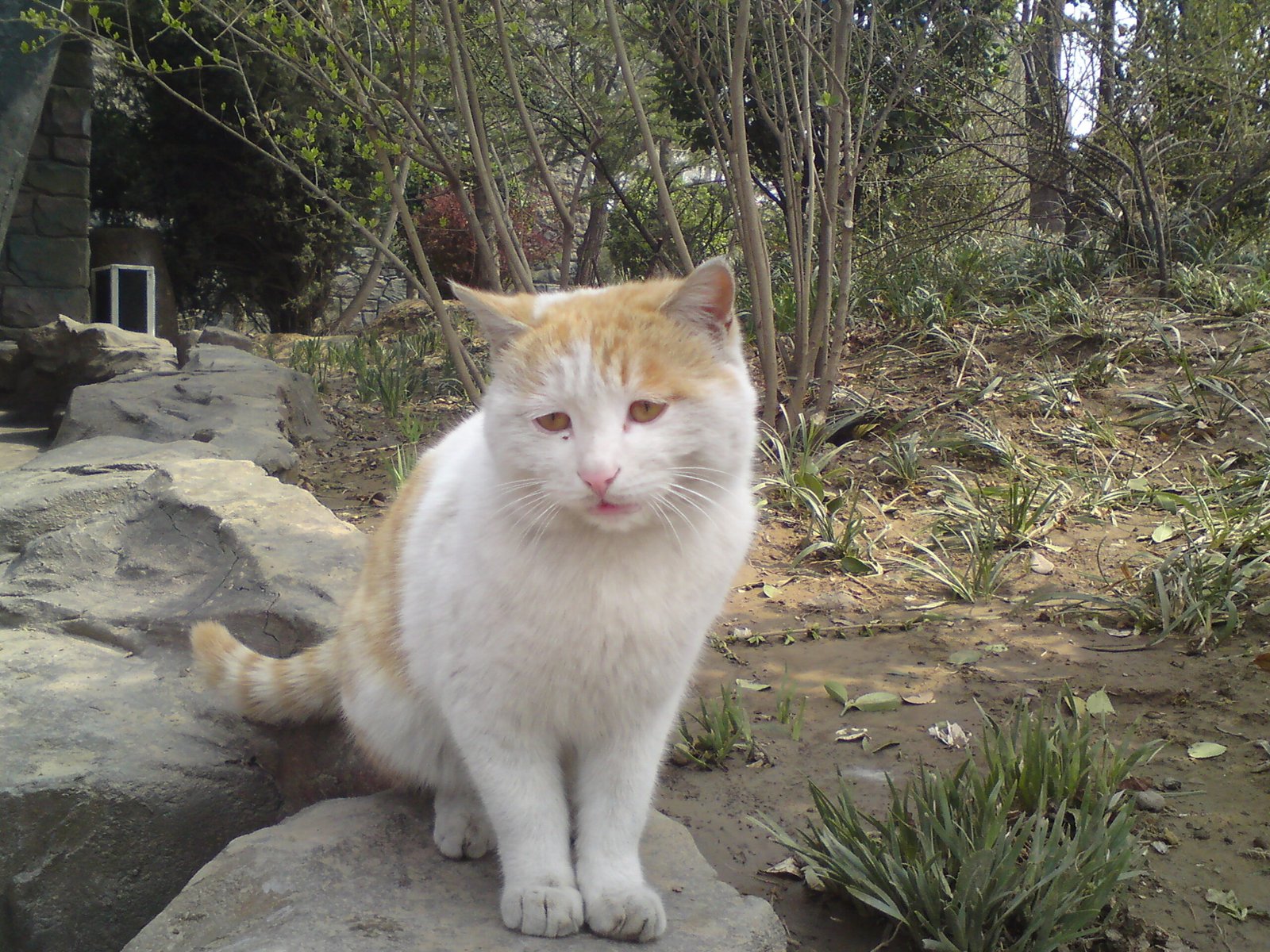
There’s no set timeline for feline grief—it can last days, weeks, or even months. Some cats bounce back quickly, while others take much longer to adjust. The length and intensity of mourning often depend on the depth of the relationship and the personality of the cat. Just like people, every cat’s journey through grief is unique. It’s important to be patient and let them process the loss at their own pace.
Helping Your Cat Cope
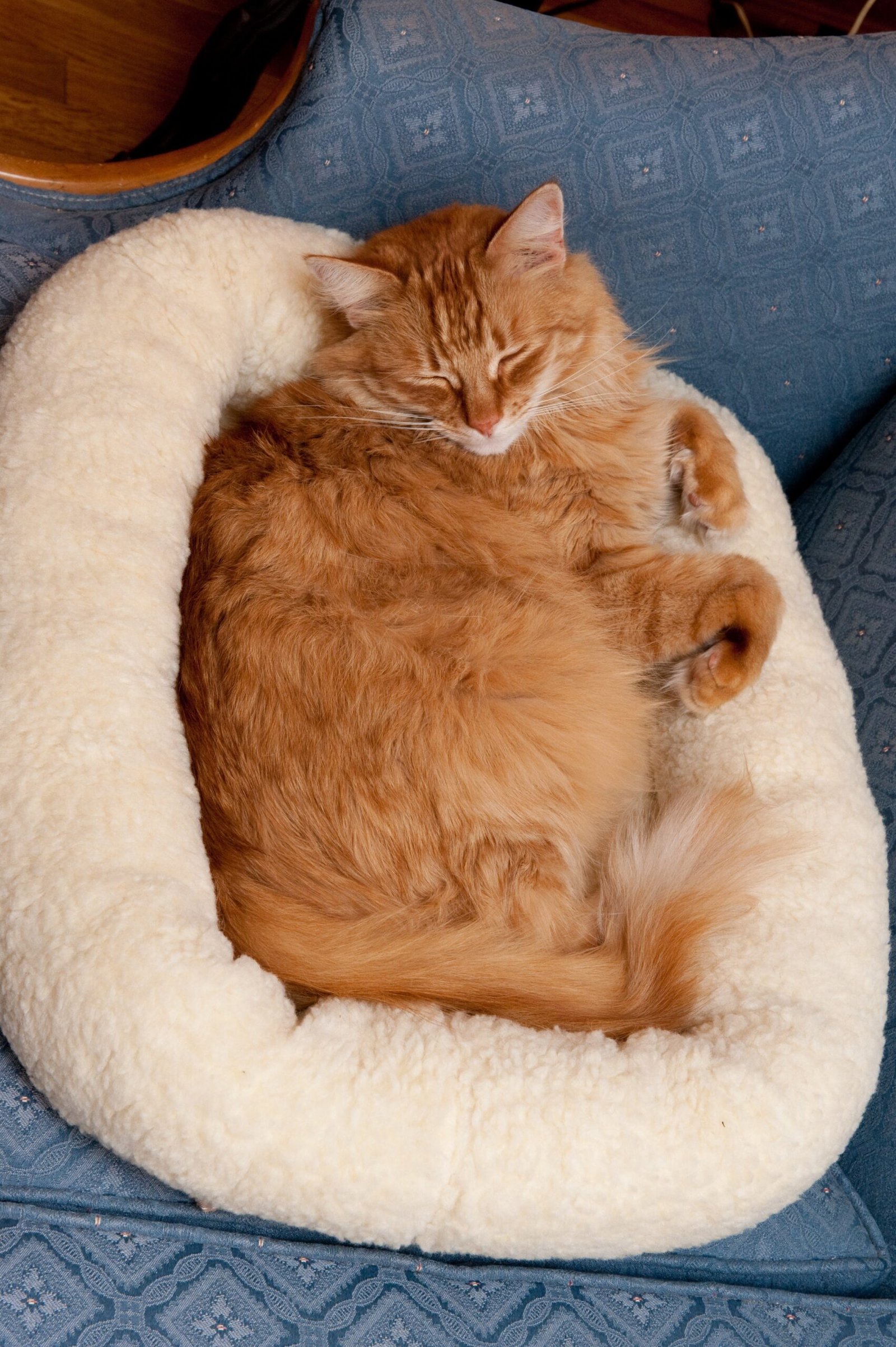
Supporting a grieving cat requires patience, love, and a bit of creativity. Maintain familiar routines as much as possible, and offer extra affection when your cat seeks it. Some cats benefit from new toys or activities to distract them from their sadness. Soft words, gentle petting, and quiet time together can all help. Remember, you’re their anchor during this turbulent time, and your presence is more comforting than you might realize.
Introducing a New Cat
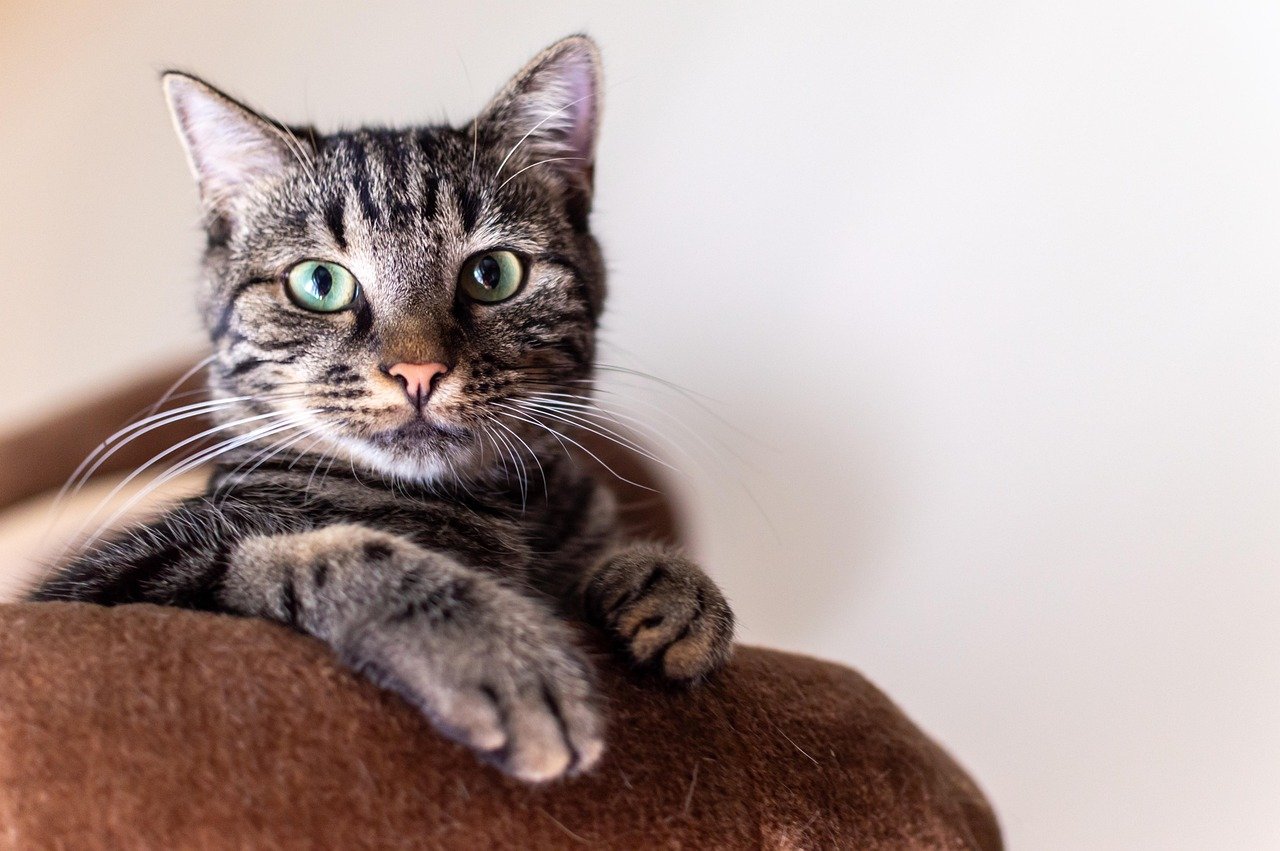
It’s tempting to fill the void by bringing home a new feline friend right away. However, every cat is different—some are open to new companions, while others need time to heal. Watch for signs that your cat is ready, like increased playfulness or curiosity about other animals. If you do decide to adopt again, introduce the new cat slowly and carefully. Rushed introductions can backfire, causing more stress for everyone involved.
Do Cats Understand Death?
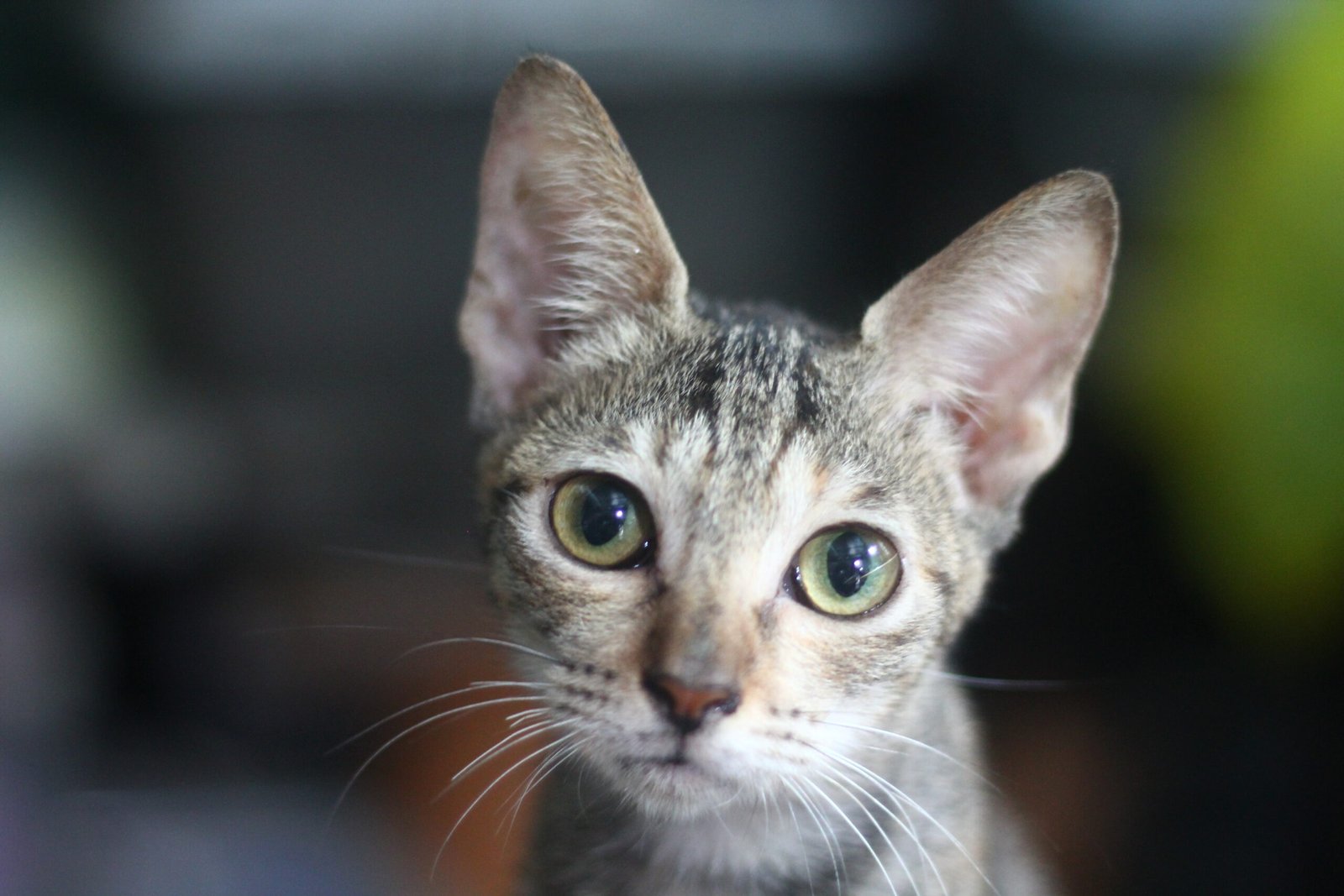
The concept of death is complex, and it’s hard to know exactly what cats understand. What’s clear is that they notice when a companion is gone and react to the absence. Cats are creatures of habit; disruptions in their social circle don’t go unnoticed. They may not grasp the finality of death as humans do, but they definitely sense loss and respond in their own meaningful ways.
Differences Between Siblings and Unrelated Cats

The depth of grief can vary depending on the relationship between the cats. Siblings or cats raised together from a young age may have a stronger bond than unrelated cats who simply coexisted. However, even unrelated cats can form close attachments, especially if they’ve shared space and routines for years. The strength of the bond—not the blood relation—usually determines the level of mourning.
Stories from Real Cat Owners
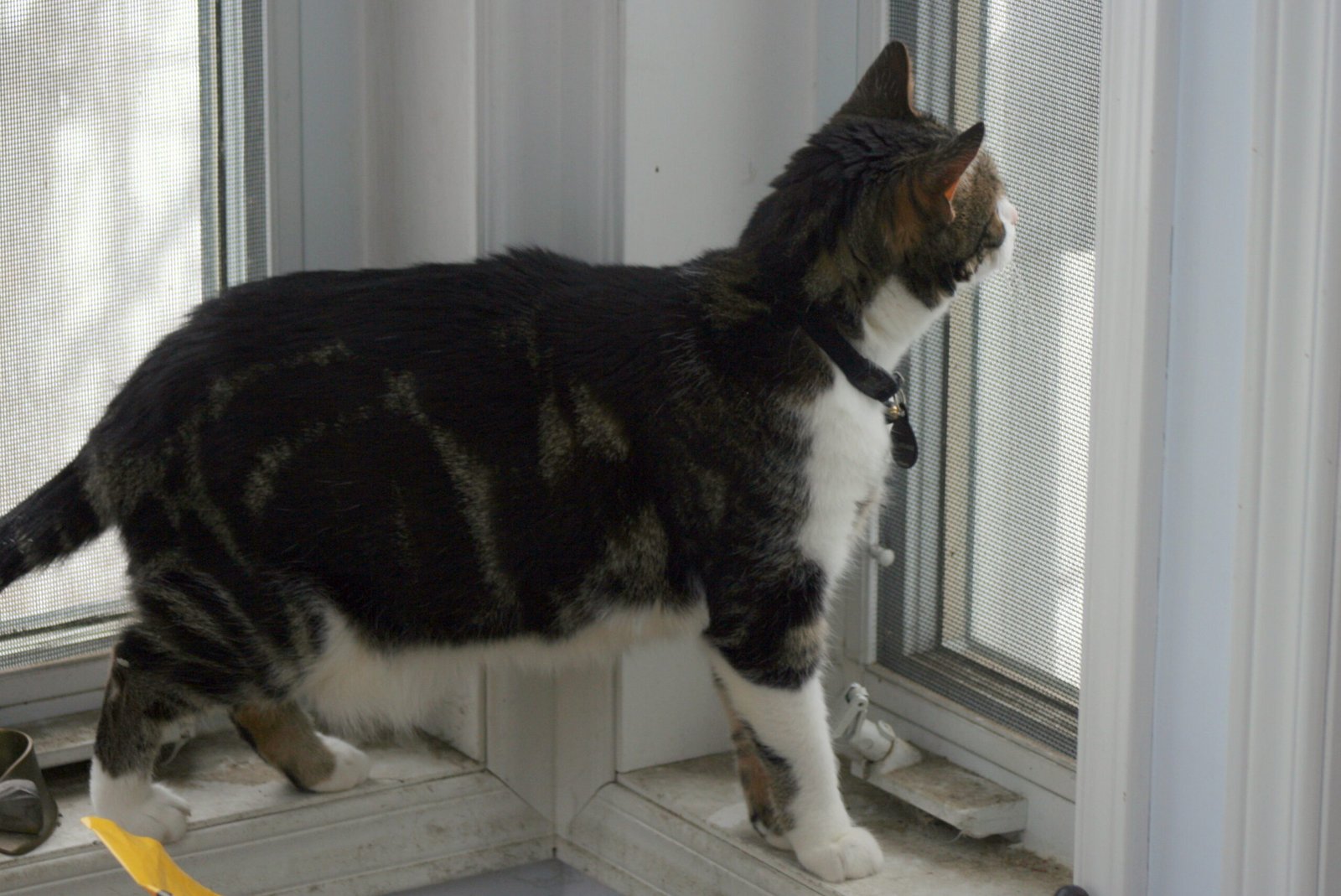
Many cat owners have shared stories of their pets mourning the loss of a feline friend. Some recall their cats searching the house for weeks, while others describe a newfound closeness between the remaining cats and humans. One owner reminisced about her cat, who sat at the window every day, waiting for her friend to return. These stories highlight just how deeply cats can feel the loss and how important it is to support them through it.
When to Seek Professional Help
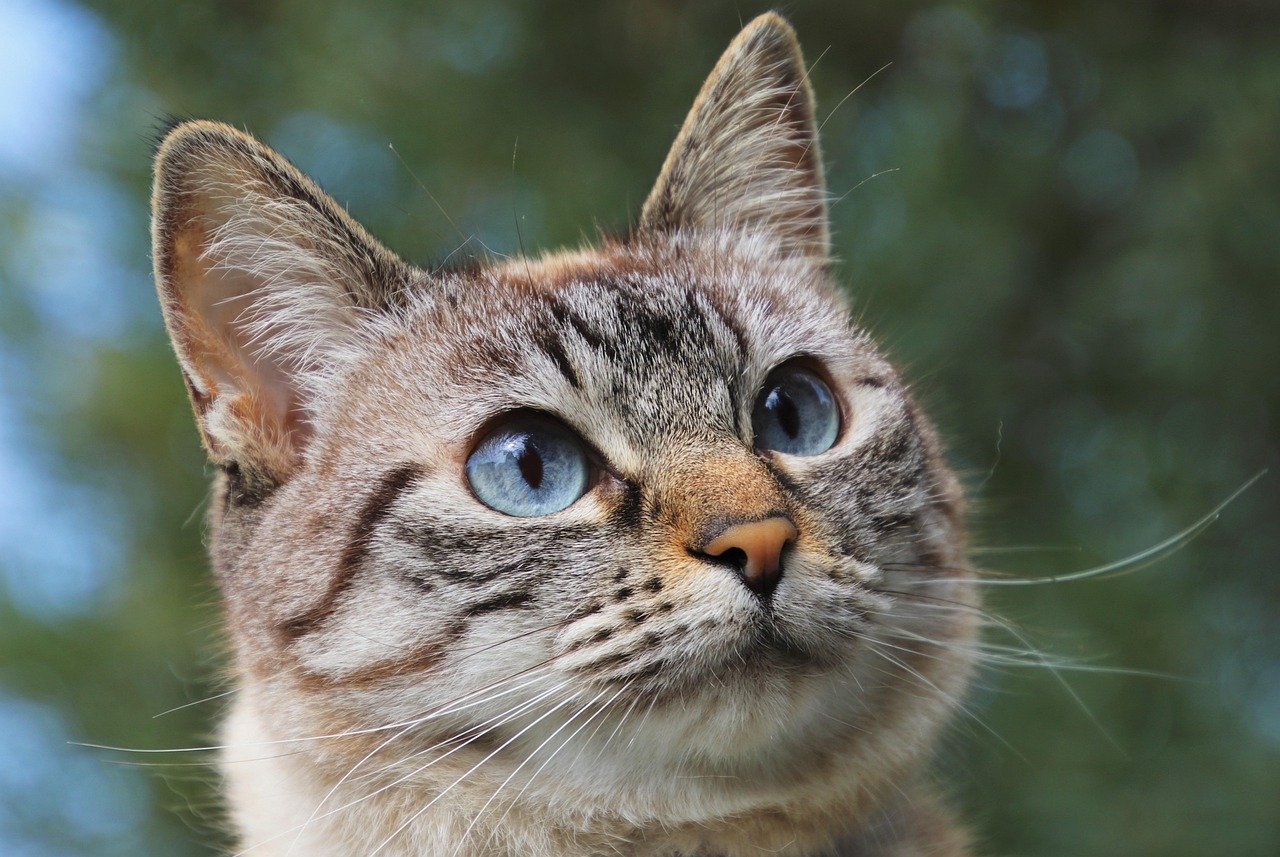
If your cat’s grief seems overwhelming or lasts for months with no improvement, it may be time to consult a veterinarian or animal behaviorist. Sometimes, depression in cats can lead to serious health issues or behavioral problems that need professional support. Don’t hesitate to reach out if you’re worried—help is available, and your cat’s wellbeing is worth it.
Hi, I’m Bola, a passionate writer and creative strategist with a knack for crafting compelling content that educates, inspires, and connects. Over the years, I’ve honed my skills across various writing fields, including content creation, copywriting, online course development, and video scriptwriting.
When I’m not at my desk, you’ll find me exploring new ideas, reading books, or brainstorming creative ways to solve challenges. I believe that words have the power to transform, and I’m here to help you leverage that power for success.
Thanks for stopping by, Keep coming to this website to checkout new articles form me. You’d always love it!






